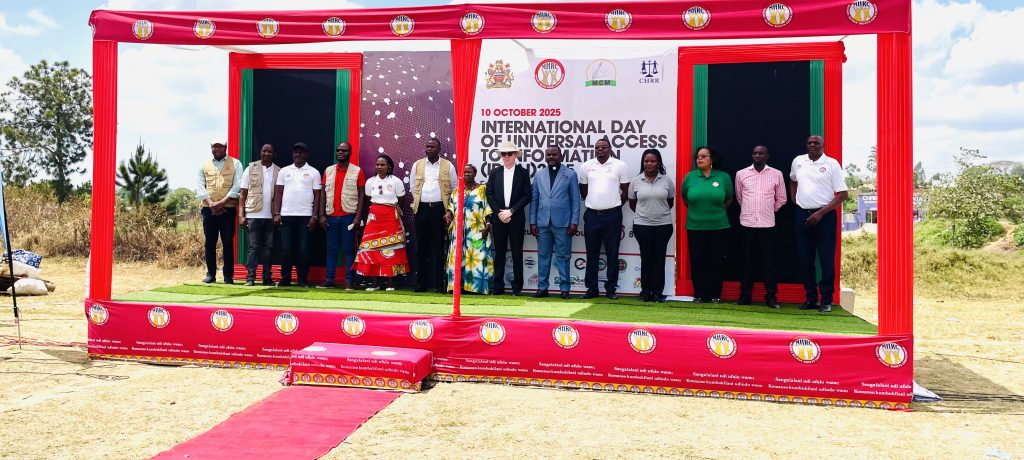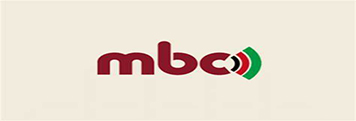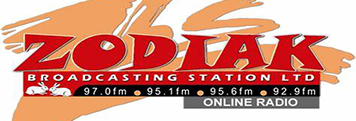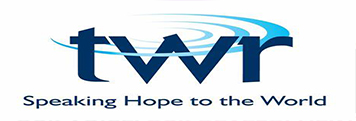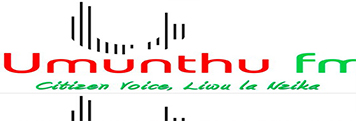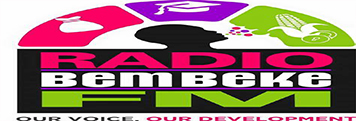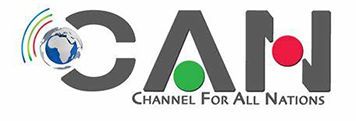Malawi has commemorated the International Day of Universal Access to Information with a call for government to invest in ICT infrastructure, make data more affordable, and ensure full implementation of the Access to Information (ATI) Act to enhance citizens’ access to information.
The event, held in Mzuzu under the theme “Empowering Communities Through Digital Literacy: Access to Information for All,” brought together a diverse range of stakeholders including government officials, civil society organisations, the media, and community representatives. It served as an important platform to raise awareness about the role of digital literacy and universal access to information in promoting human rights, transparency, and accountability.
Commissioner for the Malawi Human Rights Commission (MHRC), Tereza Ndanga, highlighted that while progress has been made since the operationalization of the ATI Act in 2020, more effort is needed to ensure citizens not only access but also understand and effectively use information.
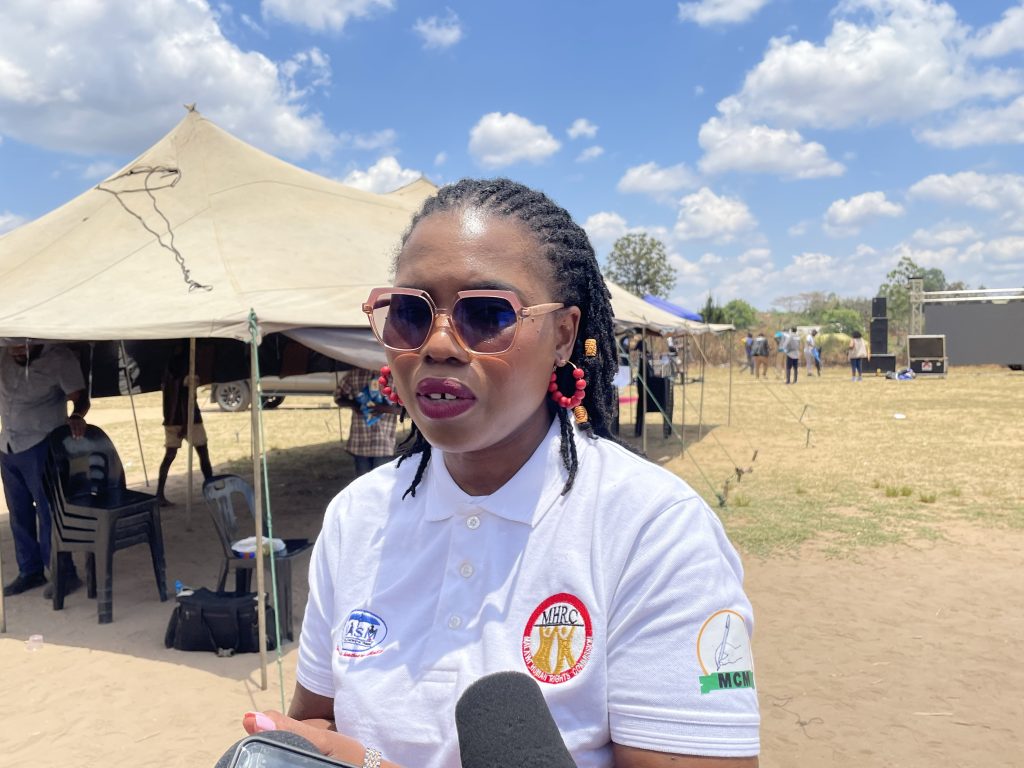
She noted that the growing use of digital platforms such as WhatsApp, Facebook, and websites presents new opportunities for transparency and citizen engagement.
“This is why we are encouraging public institutions to make good use of these platforms to proactively share information, but also for citizens to use these platforms to demand for information. So it’s an enabler in the process of accessing information. So it’s very critical for us to look at also the challenges that are impeding the process of accessing that information,” said Ndanga.
Guest of honour at the event, Director of Government Communication Services in the Ministry of Information and Digitalization, Moses Michael Phiri, underscored the importance of digital education in combating misinformation and disinformation.
“As you are aware, one of the key issues that we are facing is disinformation and misinformation. So if people are well educated on how they can use and utilize digital spaces, then they will be able to get the right information and know the right spaces where they can get that information,” said Phiri.
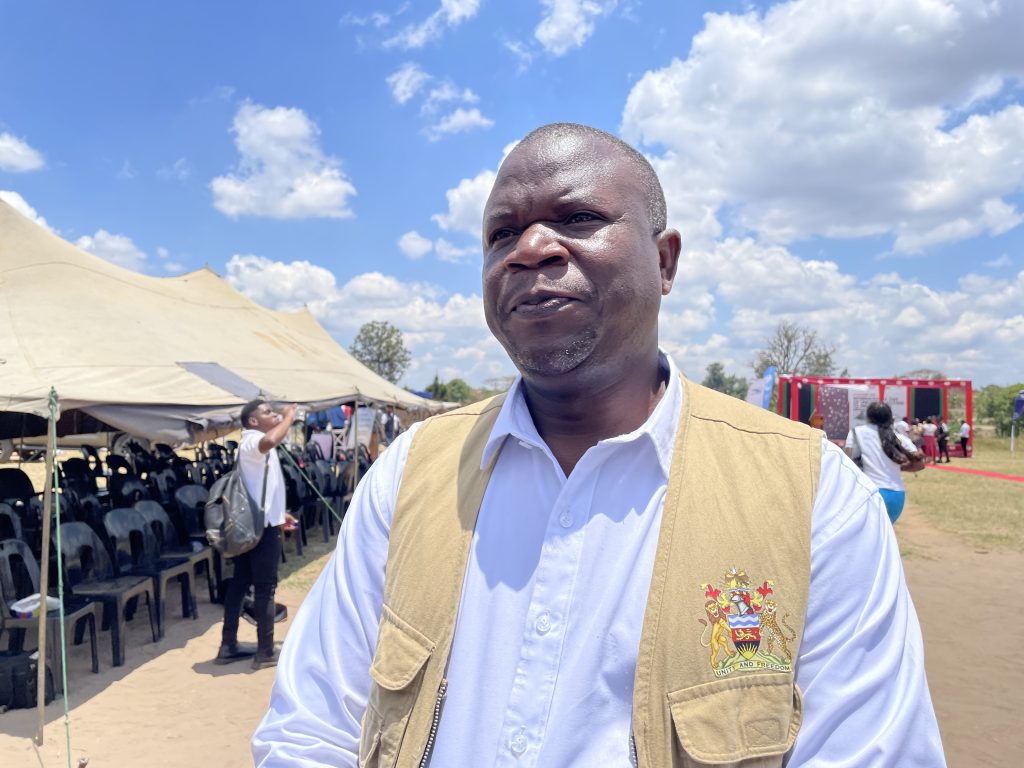
He added that the Ministry, as the policy holder for information, communication and digitalization, remains committed, alongside partners such as the Media Council of Malawi (MCM), MHRC, and the Centre for Human Rights and Rehabilitation (CHRR), to promoting transparency and accountability through expanded access to information and improved digital literacy.
In his closing remarks, Media Council of Malawi Executive Director, Moses Kaufa, called for a multi-stakeholder approach to bridge the digital divide and ensure inclusive access to information. He emphasized that the event should mark not an end but a beginning of renewed collective action toward a digitally empowered Malawi.
Kaufa also reminded media professionals of their dual role as information providers and educators, helping audiences navigate misinformation and uphold ethical journalism.
Among other activities, there was a presentation of awards to institutions that performed well in implementing the Access to Information Act in 2025. Some of the awardees included Blantyre Water Board, Central Medical Stores Trust, Malawi Parliament, and Roads Fund Administration.

